This post contains affiliate links from which I may receive a small commission, at no extra cost to you. In no way does this affect my opinion or the information I provide on the product. Please read my disclaimer for more info.
Around half of your body isn’t human!
That’s right, you have around 40 trillion human cells, and the same number of microbes! The exact number has been debated and varies for each individual, but it’s crazy to think that your microbiome occupies such an important place in your body. The bulk of it lives in your gut, and plays a huge part in your health.
It’s therefore extremely important to take good care of it.
How?
Well, first of all, let’s get up to date on what your gut microbiome is and why it’s important.

What is your gut microbiome?
Your gut microbiota refers to the different microorganisms living in your gastrointestinal system, and mostly in your large intestine and colon. It includes bacteria, fungi, archaea, and viruses.
Their genetic material is called the microbiome. The microbiome changes with environmental factors such as your diet, the use of antibiotics, or in response to disease.
Your everyday actions can influence its composition positively or negatively, modulating many health aspects.
Why is gut health important?
Studies are constantly demonstrating the link between our microbiome and numerous aspects of our health.
An unbalanced microbiome can cause inflammatory or metabolic diseases. Studies have indeed shown that our microbiome plays a role in maintaining a healthy weight and provides our body with additional metabolic functions.
In addition, people who are obese or overweight have less diverse microbiomes and altered metabolic pathways compared to others.
Furthermore, people with type 2 diabetes have a modified gut microbiome composition compared to healthy individuals.
These results are only a small selection among the plethora of evidence that demonstrates how crucial our gut microbiome is to our health. The easiest and most efficient way to keep it thriving is by eating the right foods for gut health. Below are some good examples.
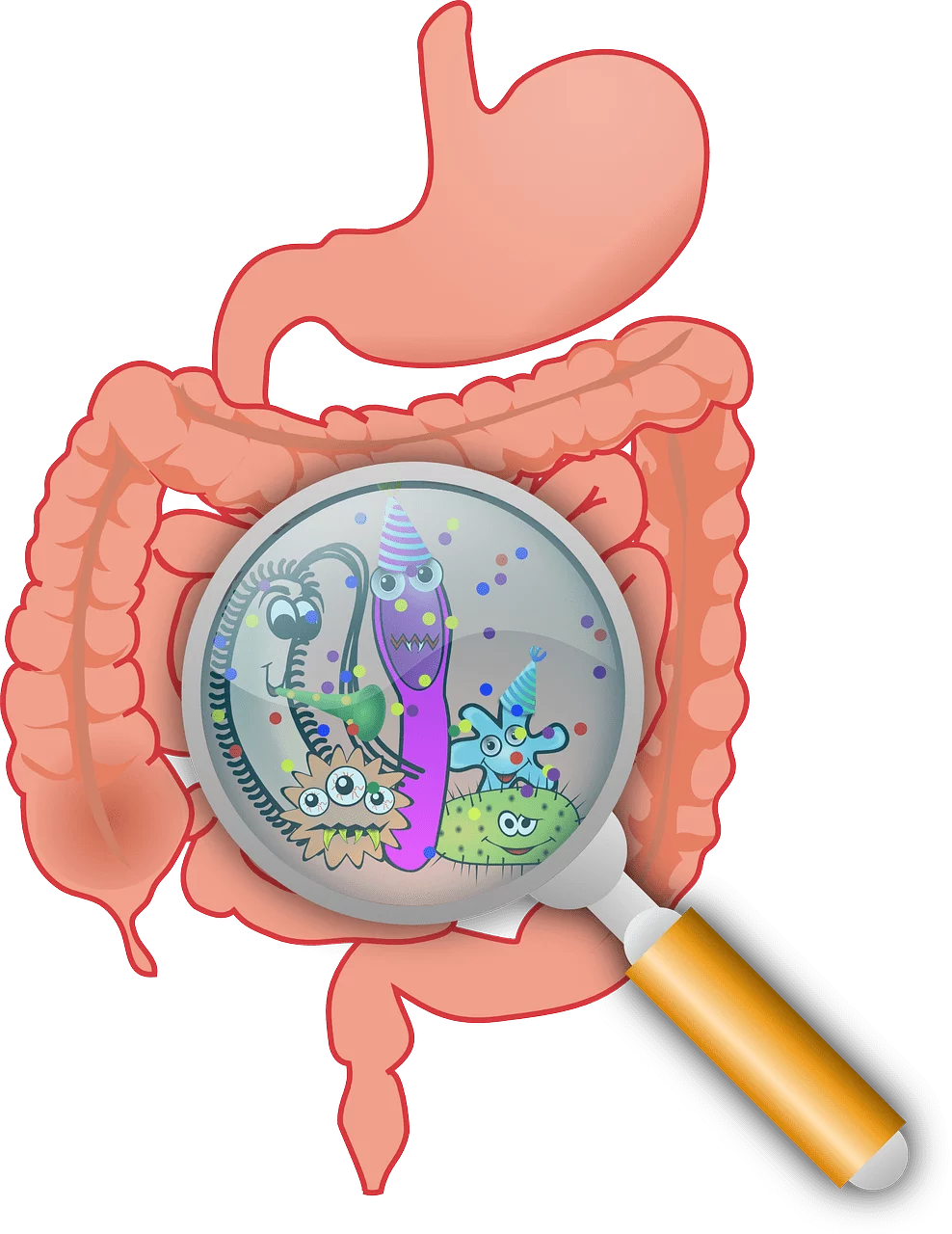
Top types of foods for gut health.
Here are some good gut-health food categories to help you out. If you find some of these foods in multiple categories, put them on your shopping list at once!
1. Foods rich in fiber
Fiber can’t be digested by your body but is excellent for your gut microbiome. Fiber enables your microbiome to produce certain important metabolites and can help fight inflammation. Many fruit and vegetables, as well as oats, quinoa, or brown rice, contain fiber. You can find a list of top fiber-rich foods, along with their many health benefits, HERE!
2. Fruit and veggies
Fruit and vegetables are amazing sources of nutrients for a healthy microbiome.
They contain healthy fiber, and some are also rich in phytonutrients. Apples and blueberries, for instance, have been shown to improve the intestinal environment, positively regulating the composition of the microbiome.
Bananas, leeks, asparagus, and onions contain inulin, which is also beneficial to your gut microbiome.
In general, increasing your consumption of fruit and vegetables is excellent for gut health.
3. Fermented foods
When a food is fermented, it means that yeast or bacteria have converted the sugar inside into alcohol. Fermented foods are therefore rich in probiotic bacteria.
These probiotics are excellent for your digestive system and help keep your gut healthy. Some people take probiotics in the form of supplements, but you can also find them in these fermented foods.
Yogurt, kefir, kombucha, tempeh, sauerkraut, kimchi, sourdough, miso…there are many options to add to your plate: click them for ways to buy them!
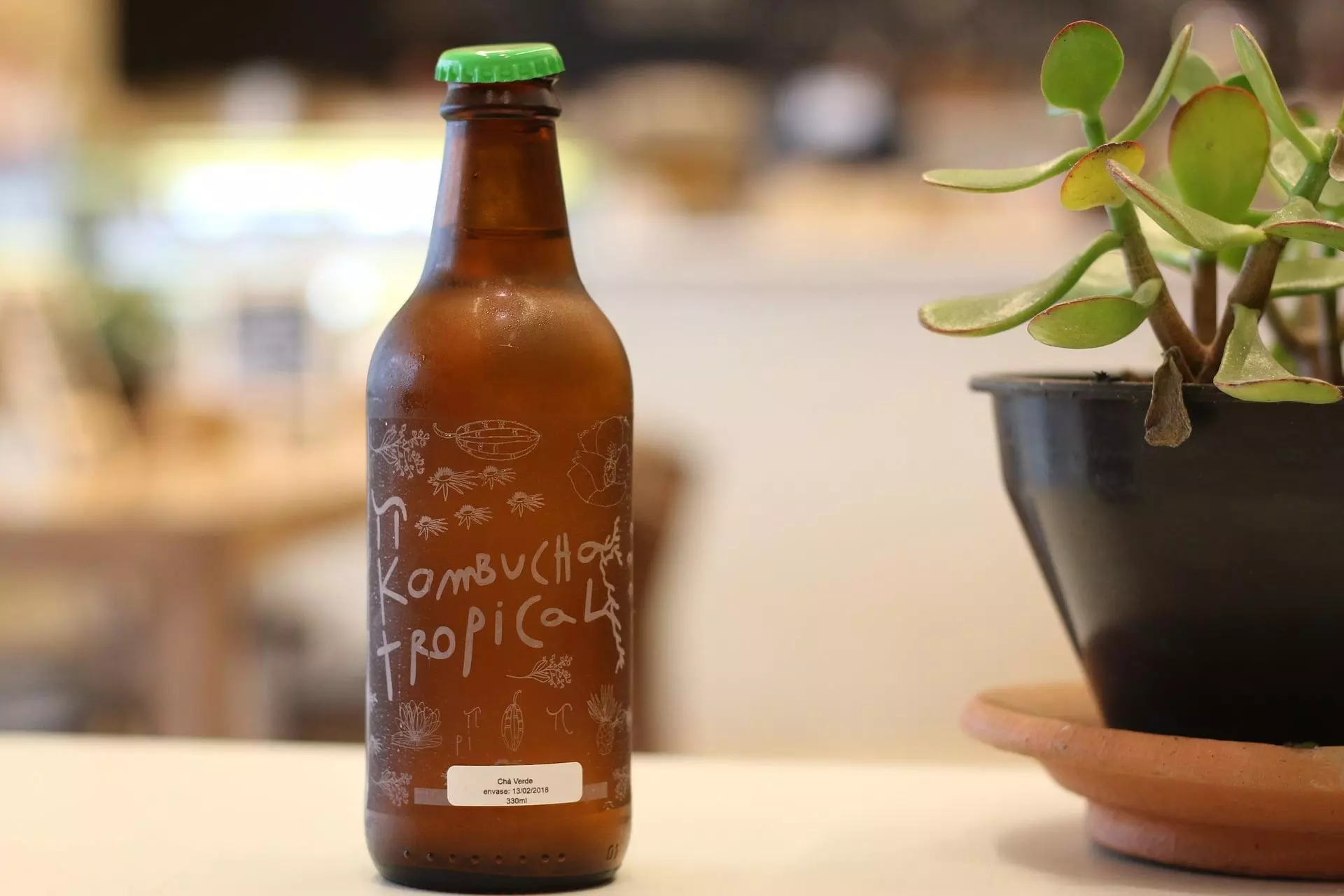
4. Whole grains
Whole grains contain fiber as well as other non-digestible carbohydrates that promote the growth of beneficial bacteria. 1, 2
Whole-grain foods include buckwheat, bulgur, millet, quinoa, brown rice, for example. You can also find them in foods using whole wheat flour, such as whole wheat pasta, whole wheat bread, whole oats, etc.
5. Foods rich in polyphenols
You’ve probably heard that polyphenols have many health benefits, among them reducing oxidative stress, but did you know they’re also great for your gut bacteria? Indeed, polyphenols positively modulate the population of your gut microbiome.
Here are some good sources of polyphenols: grapes, almonds, blueberries, strawberries, onions, olives, artichokes, chestnuts, hazelnuts, red wine, cocoa and dark chocolate… Many herbs and spices, such as sage, rosemary, or basil, are also rich in polyphenols but typically consumed in very little quantities.
Hopefully, this list can give you some ideas on which foods are great for gut health!
Other ways to help your gut.
Here are a few other tips for a healthy gut.
- Avoid processed foods, which are high in refined carbohydrates and harmful additives.
- Reduce your consumption of sugar and artificial sweeteners, which negatively impact the gut microbiome.
- Only take antibiotics when necessary. Don’t get me wrong, antibiotics are crucial to treat certain bacterial diseases. Nowadays, however, people take them in excess, which is detrimental to the gut microbiota. Take them only when they are absolutely necessary, and make sure to eat plenty of gut-healthy foods to compensate.
- Go outside! Getting sunlight in, coming in contact with dirt microbes, reducing stress…all are great for your gut health.
I also suggest reading this article: it gives a lot of great information!
What about gluten?
For many people, gluten is a huge concern when it comes to gut health. It has been linked to intestinal permeability, or “leaky gut”.
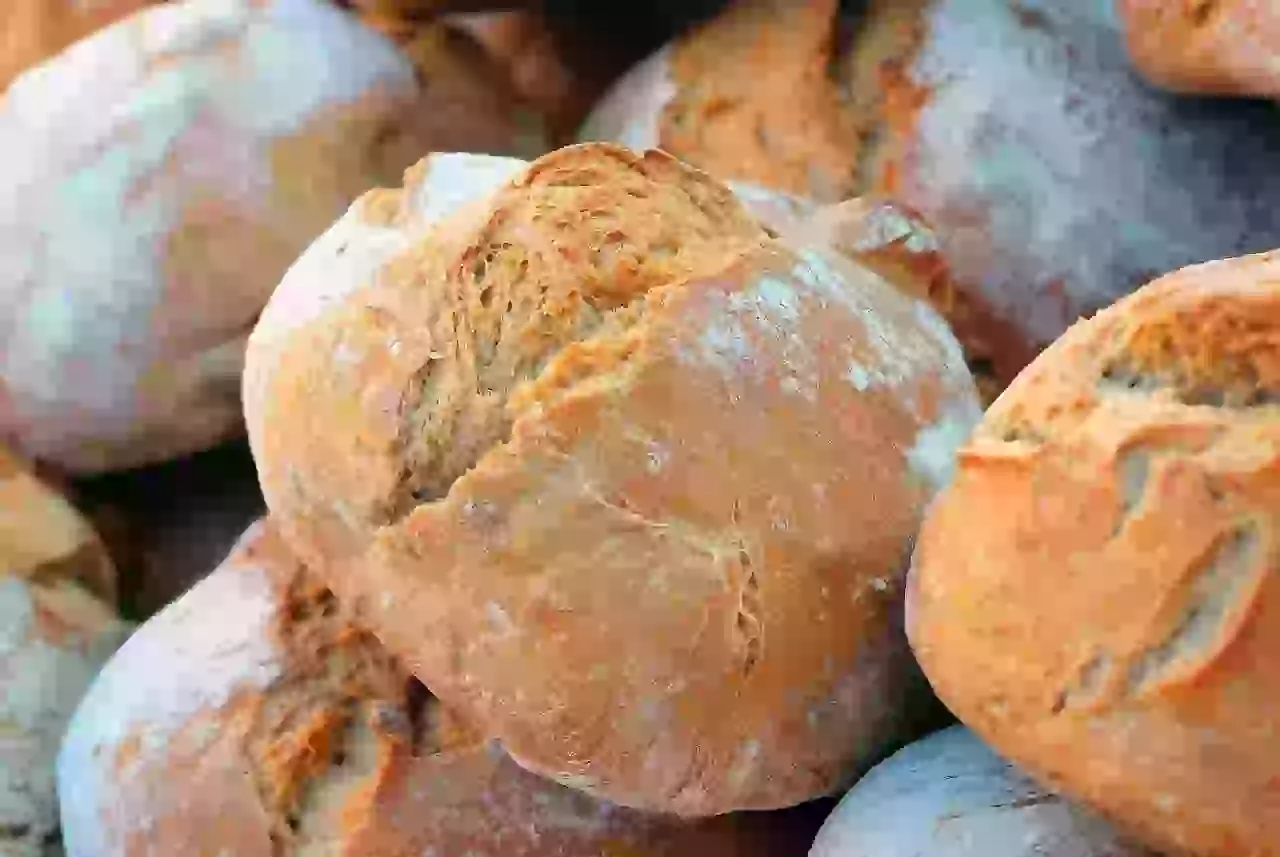
However, this only affects individuals who are gluten intolerant, have celiac disease, or have irritable bowel syndrome. These people should, of course, limit or stop gluten consumption.
But for most of us, there isn’t enough solid evidence supporting the fact that gluten is bad for our gut. So unless you have a type of gluten intolerance, focus on eating foods from the above list without worrying whether they contain gluten or not.
Foods for gut health in conclusion.
Your gut microbiome plays an important part in your health. Indeed, a disrupted microbiome is the root of many diseases. You can easily keep it thriving by eating the right foods. Eat fiber-rich foods, whole grains, fruit and vegetables, and fermented foods. They are great foods for gut health. Other simple lifestyle changes can help as well.
-Lucie
If you’re interested in nutrition, its impact on our health, and the science behind it, you should definitely read How Not to Die. In this book, Doctor Michael Greger, founder of Nutrition Facts, examines the top causes of death in America and explains how your diet can prevent— and in some cases even reverse— them. His advice is all backed by science and he writes in a very clear and entertaining way. This book isn’t a list of what you already know. It will teach you the keys to living a long healthy life, in a simple and practical way, and without spending fortunes on supplements and pills!
PLUS if you want to take it a step further, you can check out the How Not to Die Cookbook to implement the advice easily!

Welcome!
I'm Lucie, the nutritionist behind Edukale! If you'd like to learn more about me, click HERE !
Read More!
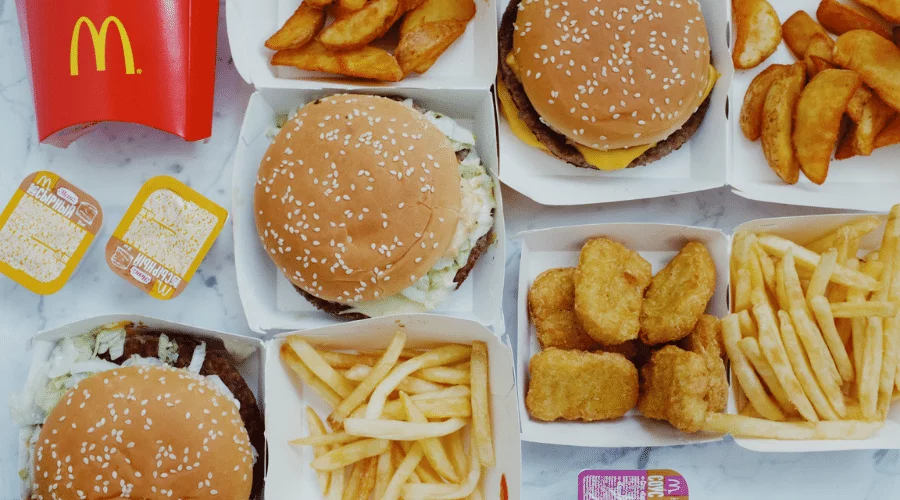
The truth about processed foods
You’ve probably heard that it’s best to reduce your intake of “processed foods” for healthy eating, and increase your intake of whole foods for optimal health.

The Best Foods to Fight Fatigue
Do you feel like you’re always tired and that you need multiple coffees to get you through the day?
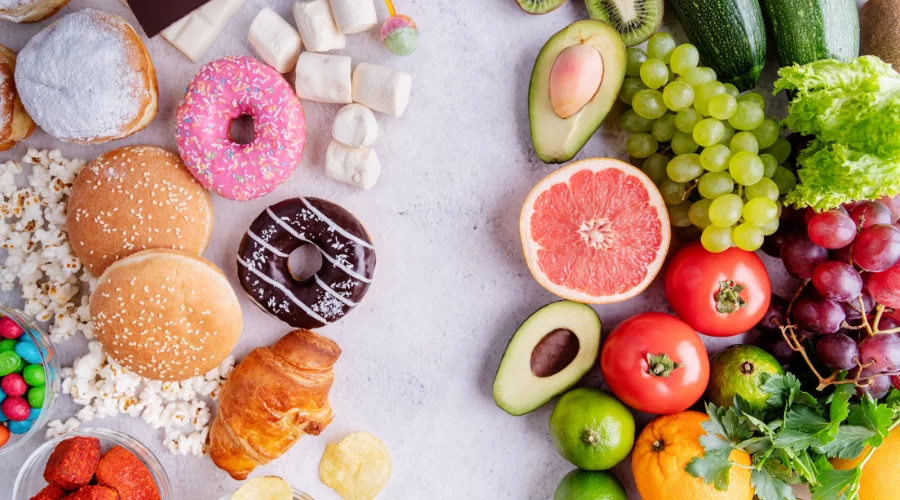
how to find the balance between healthy eating and dieting
It can be hard to find the right balance between healthy eating and dieting without becoming obsessed with food.
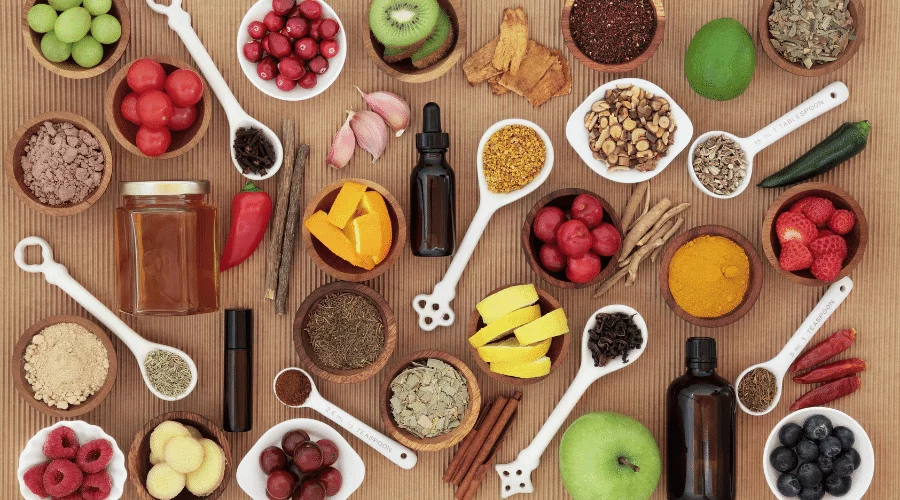
Can you use food as medicine?
“Let food be thy medicine, and let medicine be thy food.” We’re all familiar with this quote attributed to Hippocrates, and we all know the huge impact our food choices have on our health.
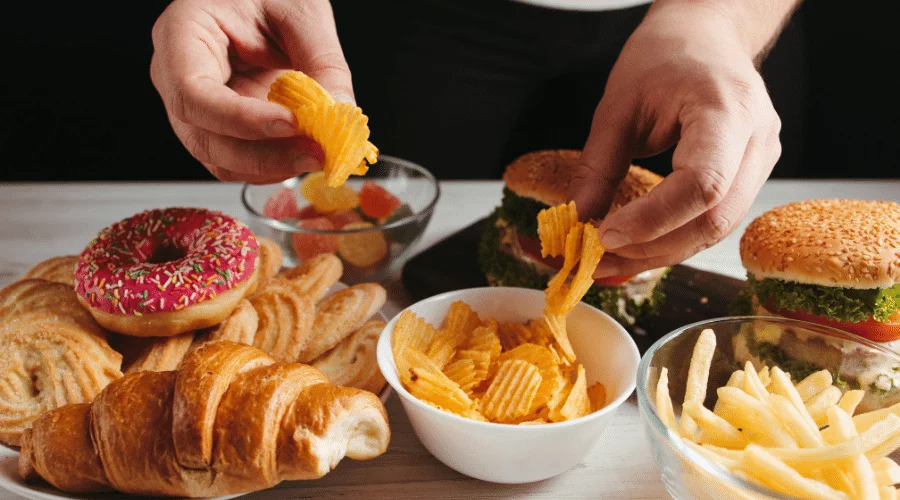
How to finally stop overeating for good!
Overeating means eating past your body’s actual needs, and it can be rather uncomfortable.
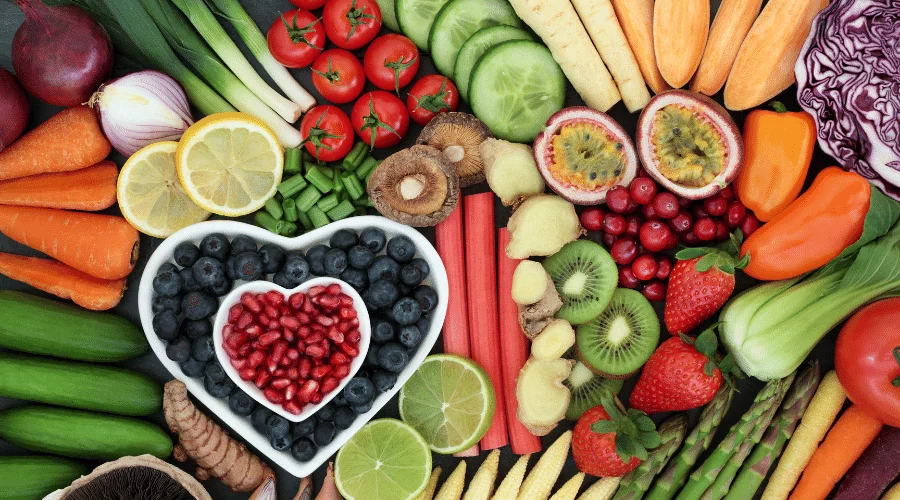
The anti-inflammatory diet: get rid of inflammation
You’ve certainly heard about the anti-inflammatory diet before and the benefits it could have on your body.
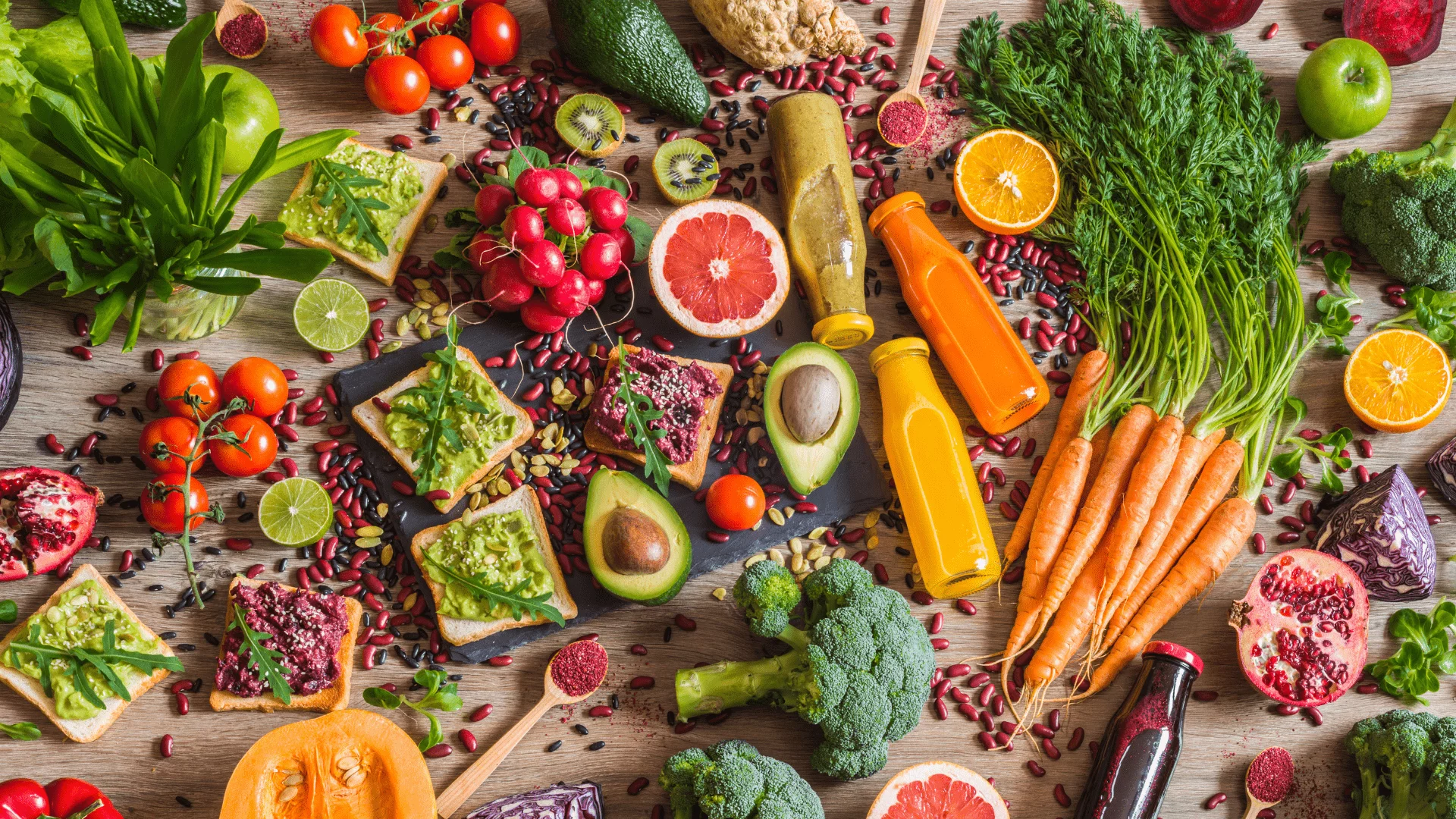
The complete beginner’s guide to veganism
Even though you can absolutely be healthy on a diet that includes animal products, the scientific consensus shows that increasing your consumption of plant-based foods is what is best for health.

Physical vs emotional hunger—learn the difference
You may be aware that physical hunger is not the only type of hunger that exists. There are actually two main types of hunger: physical hunger and emotional hunger



Comments are closed.